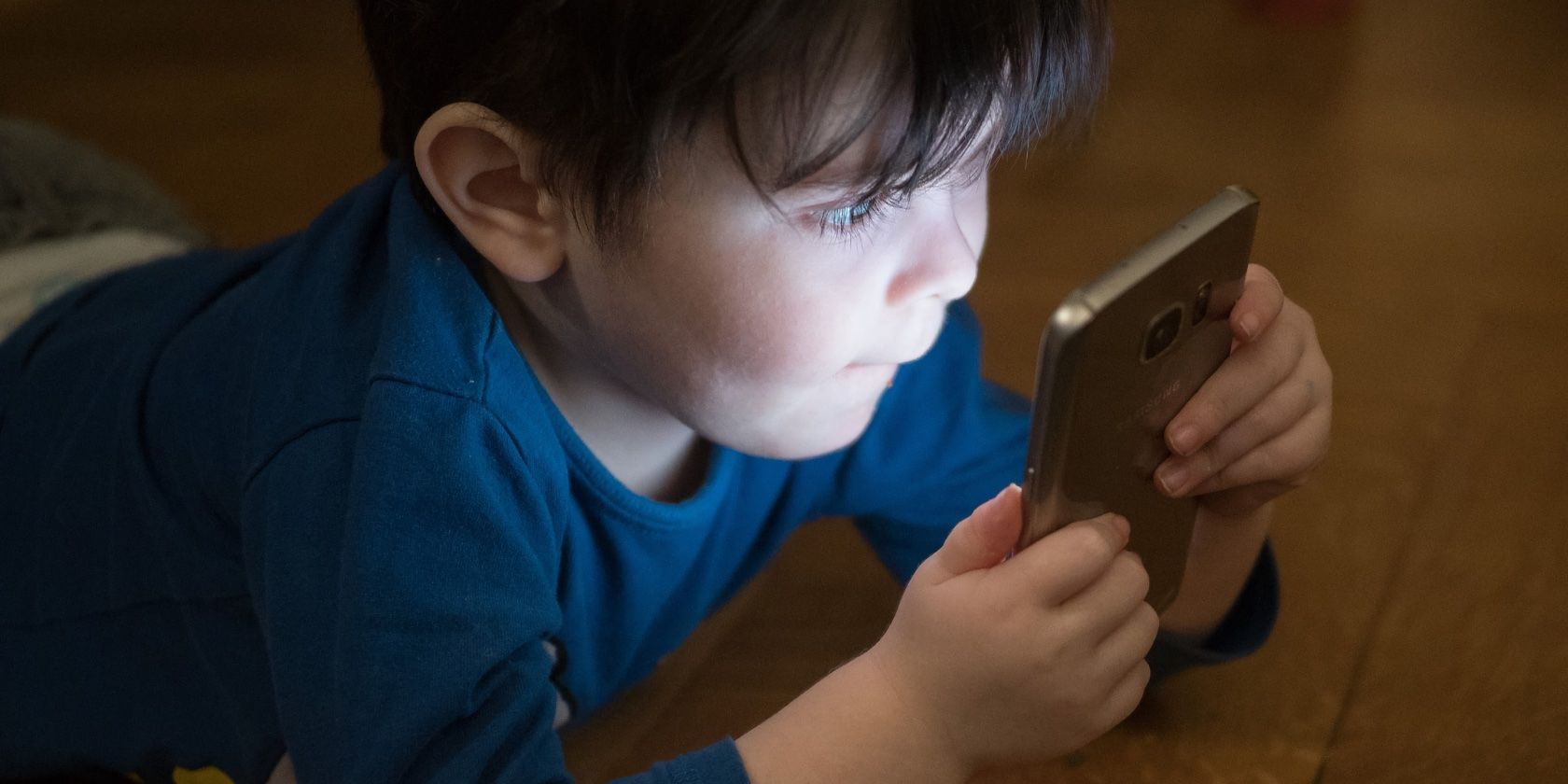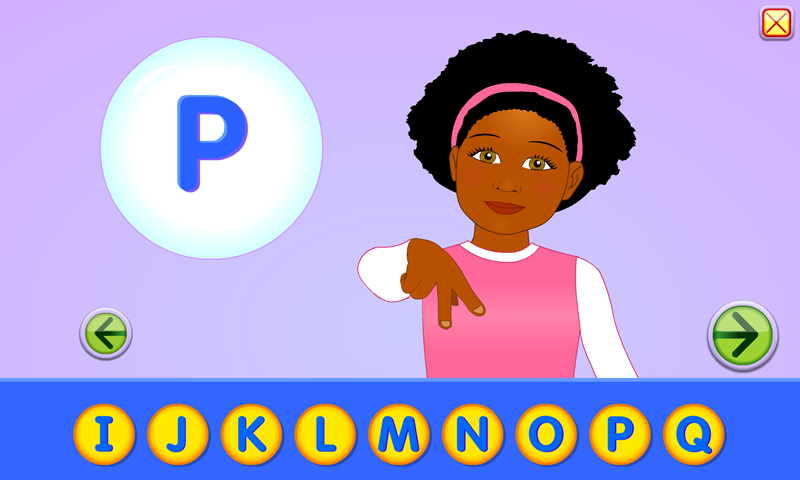Given how the world is these days, it is essential to get kids comfortable with using smartphones at an early age; otherwise, they risk getting left behind by their peers.
Here are the best mobile apps for children to use on a parent's smartphone.
Why Download Mobile Apps for Your Kids?
What do you do when your child is too young to have their own phone but is too old to deny them access to the tech completely?
The solution is to let them use your phone (under appropriate supervision, of course).
Doing so can be educational for the children, a stress-reliever for the adult, and even fun for all parties.
And by downloading the apps yourself, at least you have control over what they are using. If you give them the freedom to download whatever they want, they might end up seeing unsuitable material or putting your device at risk of malware and viruses.
1. ABC Kids: Tracing and Phonics
ABC Kids: Tracing and Phonics is designed for toddlers. It will help them to learn phonics and trace out the letters of the alphabet, thus helping to put in place the building blocks that they need to be able to learn to speak and write a little further down the line.
The app's content then develops as your toddler ages, with games and activities suitable for ages right up to kindergarten.
What we really like about the app, however, is the adult participation. There is a teacher mode and a way to access report cards, both of which help you understand where your child might need further learning. There is also nothing that will compromise your child's safety, such as ads or in-app purchases.
Of course, an app like this can never fully replace the need for physical practice with a pencil, but it is great supplementary material that will help your child to hit those critical milestones more quickly.
Download: ABC Kids: Tracing and Phonics (Free)
2. First Words for Baby
.png)
.png)
First Words for Baby is an app spin-off of the popular book of the same name. The app is flashcard-centric, with images and words displayed for your child to quickly pick up new vocabulary.
Although there are also versions for toddlers right up to three-year-olds, this version is aimed at children under one. There are 120 important words for them to learn, each of which is divided into one of 11 categories. The categories are Pets, Sleeping Time, Vehicles, What I Do?, Clothes, Farm Animals, Food, At Park, Eating Time, Bath Time, and Toys.
Each image is accompanied by a professional pronunciation, animation, and real sounds (for animals, vehicles, etc.).
Download: First Words for Baby (Free, in-app purchases available)
3. YouTube Kids
YouTube Kids first went live back in 2015 and has since gone on to become an important part of the YouTube product line-up. The app is not just available for Android; you can also find it on iOS as well as smart TVs from Samsung, LG, and Sony.
When you download and set up the app for the first time, you will need to enter your child's age. That will determine the content that is shown for your kid to watch. Once you are up and running, the videos are split into four sections: Recommended, Shows, Music, and Learning. Kids can browse freely between the sections.
The app also has parental control tools. They allow you to set time limits and restrict access to the search function.
It's important to note that all the videos on YouTube Kids are pulled from the main YouTube app; there is not a separate upload process. To that end, there have been some reported issues of age-inappropriate content slipping through the net. The instances are isolated, but you need to be aware of the possibility.
Check out some of the other best video sites for kids if you want an alternative.
Download: YouTube Kids (Free)
4. Epic: Kids' Books and Educational Reading Library
Epic is a reading platform for kids aged 12 and under. The library contains thousands of books, ranging from educational content to interactive stories. The app is backed by science, with research suggesting that kids read about 1,000 more words per day when using Epic than they otherwise would.
There are two plans for parents to choose from: Epic Basic and Epic Unlimited. Epic Basic has a limited library and provides access to one book per day.
If you opt for the Unlimited plan ($80/year or $10/month), you get complete access to the entire Epic library of more than 40,000 books. You also get access to thousands of learning videos, audiobooks, read-to-me books (for adults to read to their kids), personalized book suggestions, and offline reading.
The premium version also includes gamification features such as badges and rewards. They help to keep your child engaged and will inspire them to read more.
If you do not want to pay, there are plenty of online sites that offer kids' books for free.
Download: Epic: Kids' Books and Educational Reading Library (Free, premium version available)
5. Starfall ABCs
Starfall is a non-profit organization that has made a child-friendly learning app for Android.
The Starfall ABCs game is aimed at young children. It helps to introduce them to the alphabet and how to spell basic words. The user will see, hear, and interact with the letters and words, thus giving them a fun experience that will keep them coming back for more.
Importantly for an app of this nature, both lowercase and uppercase letters are used, providing children with a holistic learning experience.
Of course, the app also makes ample use of bright colors and fun graphics, and there are even some word-based games that kids can progress onto as they become more comfortable with the basics.
Download: Starfall ABCs (Free)
Use Apps for Children Judiciously
Tech addiction is a real thing. And while mobile apps installed on parents' phones can be a great way to introduce young kids to the tech world, you also need to be aware of the dangers of too much screen time.
Remember, your phone (or indeed, your TV) is not a babysitting service. Used properly, it can be a great educational resource. Used incorrectly, it can put your kids on a slippery slope that they might find hard to recover from in later life.


